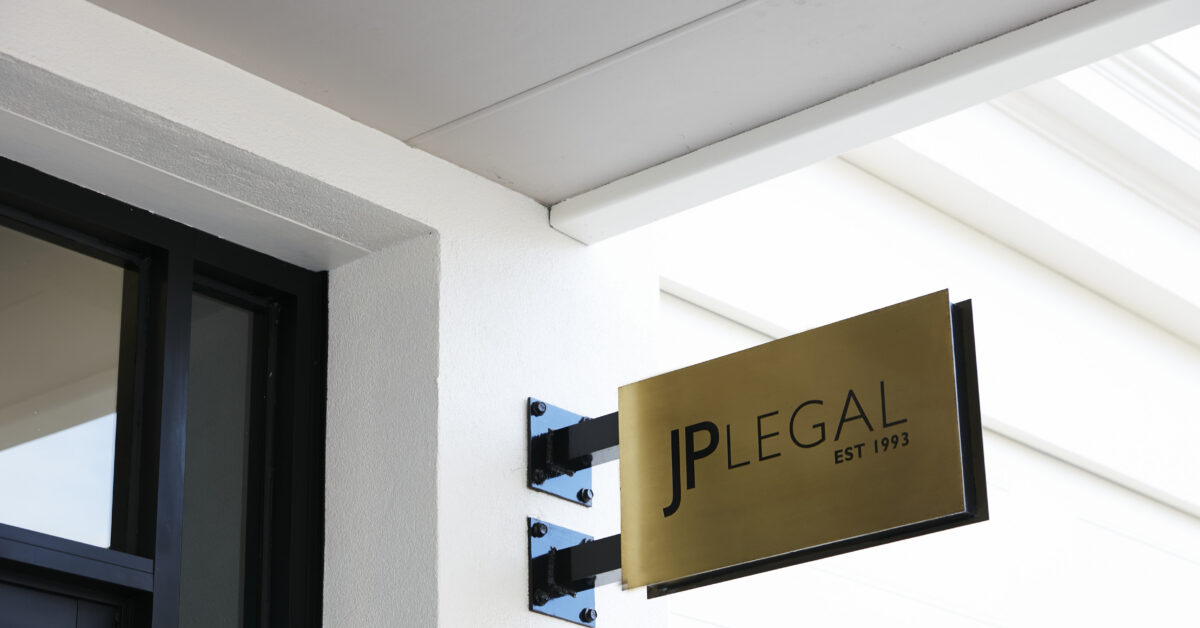
Home — Insights + Case Studies — Insights — Buying And Selling Co-Owned Property
Buying And Selling Co-Owned Property
JPLegal
What Is Co-Owned Property?
Co-owned property is when two or more people share the ownership of a property. It is an approach that is becoming increasingly more common to address the housing affordability problem. Many people, especially first home buyers, cannot afford to buy a house on their own and are teaming up with family or friends to make it possible.
Additionally, spouses/domestic partners buying a house and even business partners investing in property together are all situations adding to the increasing number of co-owned property.
What To Do If You’re Thinking About Buying In To Co-Owned Property:
Although it is an effective way of turning a dream into a reality for many Australians, buying property with other people comes with many potential legal challenges.
The most beneficial first step that you can take if you are considering co-ownership is for everybody involved to determine their time-frames, objectives and intentions so you can ensure that you are all on the same page. If you are all able to come to an agreement, then you should create a legal Co-Ownership Agreement to protect yourself if circumstances change. Regardless of your relationship with the other parties involved in the venture, making sure that everybody is legally protected should be your first priority.
There are pros and cons to venturing into co-owned property.
Pros
- It may provide an earlier opportunity to enter into the property market if for example, the deposit is split between multiple people;
- You could choose to pay a higher deposit to avoid fees;
- Ongoing costs are split, whether for living costs or perhaps renovation costs; and
- You may be able to accelerate debt reduction.
Cons
- You do not own the entirety of the property yourself and therefore may not have as much control as you would like when it comes to re-financing to obtain a lower interest rate or to release equity;
- You do not have freedom to make decisions as to how the property is to be used or developed;
- There are many possible disputes that can arise and compromise the owners relationships.
Common Disputes And Things To Watch Out For
When you buy a property with other people, you are entering into a legal relationship. Unfortunately, disputes are not uncommon in legal and business relationships. Some of the most common disputes for co-owned property are:
- A change of circumstances for one or more parties. Regardless of your intentions at the start of this venture, one of the parties getting married, losing their job, expanding their family, moving away or even dying are all possible scenarios that can easily impact a person’s ability to co-own the property.
- Inability to agree or different investment objectives. No matter what your relationship with somebody is, you may not always agree with one another and if the disagreement is over something crucial like whether to sell the property or hold onto it for longer, then it can create a bad situation. If there is no Co-Ownership Agreement to determine the legal course of action, the ownership of the property could be put in doubt if you are not able to buy them out.
- A relationship can easily become strained if a property investment is not making the expected profit.
- Everybody’s credit rating can be affected if one partner defaults on their repayments.
- Selling, refinancing, home-loan repayments and extra costs associated with the property are common issues for co-owners to fight about and can be some of the hardest to reach an agreement on.
Therefore, it is essential to have a legal agreement that covers co-ownership and all the potential scenarios that could crop up. A co-ownership agreement sets out the rights and obligations of each person with a share in the property and will help you avoid costly legal bills if a dispute were to arise. A co-ownership agreement should cover:
- How mortgage repayments are made, and by who;
- Who can live at the property;
- Who is responsible for maintenance;
- What happens in the event of a partner wanting to sell, or if they default or possibly even die.
Getting help from a lawyer to create a co-ownership agreement before entering into a co-owned property arrangement is a responsible decision that will likely save you time, money and energy and could even help you maintain relationships that would otherwise be compromised.
For advice on how exactly a co-ownership agreement can help you, contact us for a complimentary consultation.

Complete the form below to request your consultation. 
We provide preliminary legal advice to enable you to move forward with confidence.






